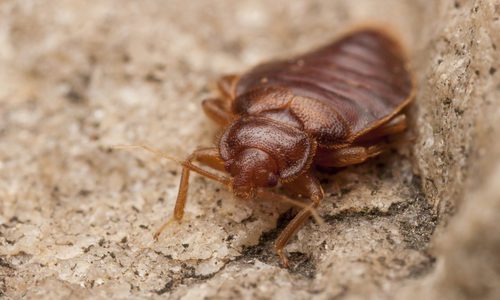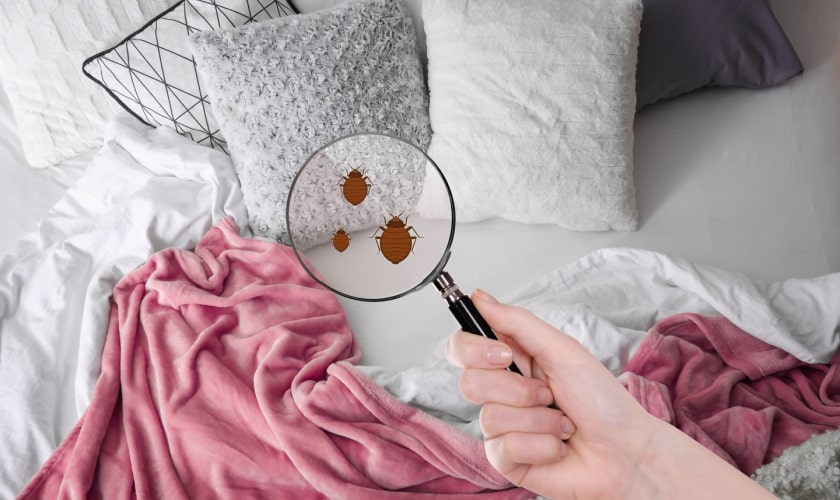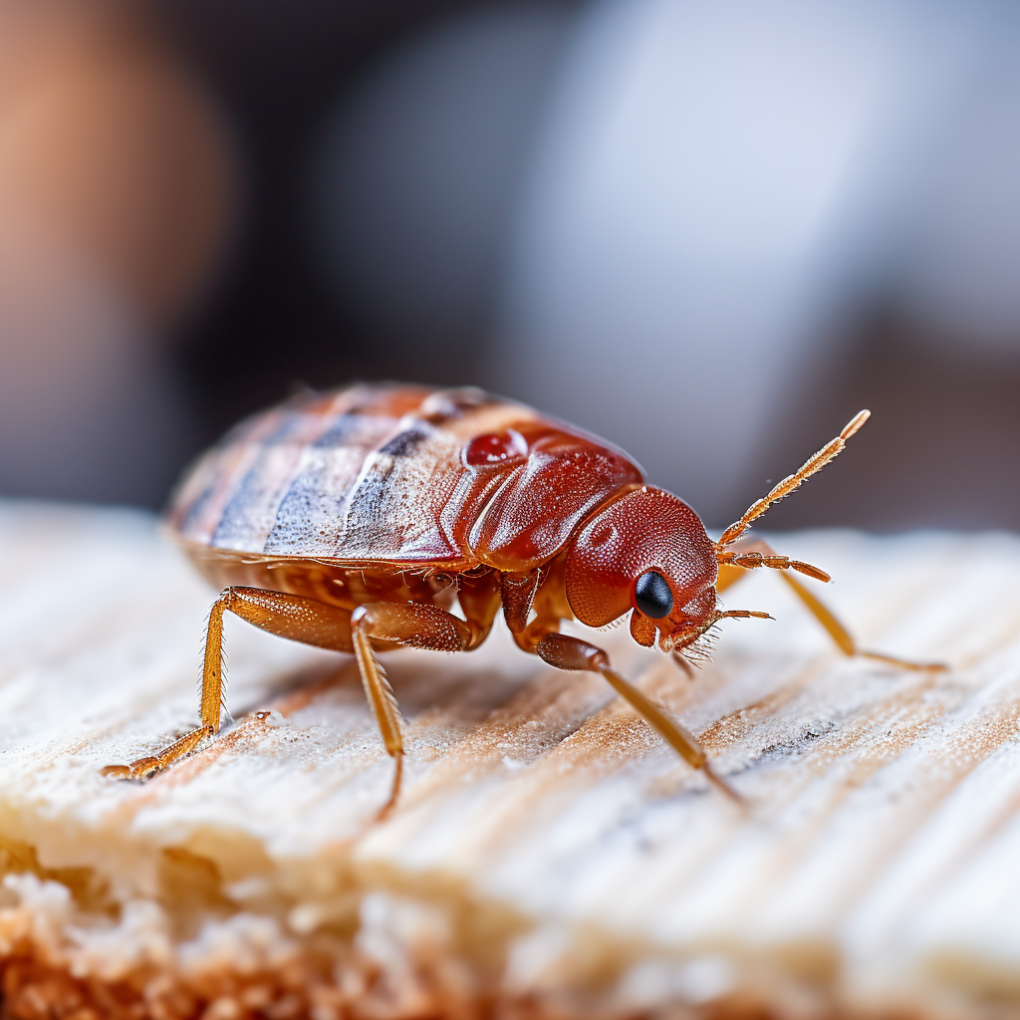Efficient Kings Bug Control Cincinnati Ohio: Trusted Solutions
Efficient Kings Bug Control Cincinnati Ohio: Trusted Solutions
Blog Article
A Breakdown of the Different Sorts Of Pest Control Solutions
In the realm of parasite control, a wide range of approaches exist to address and fight the existence of unwanted animals. From the conventional use chemical pesticides to extra cutting-edge biological control services, each method uses distinctive advantages and constraints. As we browse via the varied landscape of parasite control solutions, understanding the complexities of each technique becomes vital in figuring out one of the most reliable strategy. Keep tuned as we discover the nuanced globe of parasite control strategies and uncover just how each kind plays an one-of-a-kind duty in guarding our settings.
Chemical Pesticides
Chemical pesticides are commonly made use of in bug control to efficiently remove a vast array of pests and various other bugs. These pesticides function by targeting the nerves of the insects, disrupting their typical functions, and ultimately bring about their death. The usage of chemical pesticides has actually been a staple in the insect control market for years due to their effectiveness and quick outcomes.

Nevertheless, it is vital to make use of chemical pesticides with care because of their possible unsafe results on the environment and non-target varieties. Inappropriate application or overuse of these chemicals can bring about air pollution, injury to beneficial bugs, and resistance development in insect populations. Therefore, it is essential to comply with security guidelines and regulations when using chemical pesticides for insect control.
Biological Control Techniques
Taking into consideration the prospective environmental effects and risks connected with chemical pesticides, biological control approaches provide an even more lasting approach to handling pest populaces. Biological control includes using all-natural adversaries, such as predators, parasites, and pathogens, to subdue insect populaces. This method is commonly more targeted, impacting just the specific insect types while reducing damage to beneficial insects, people, and the setting.

As soon as established, all-natural opponents can aid manage pest populaces constantly without the need for repeated applications of pesticides. Furthermore, biological control is usually a lot more cost-effective and can aid reduce chemical resistance in pest populations over time.

Mechanical Parasite Control
Mechanical parasite control involves the physical adjustment or elimination of parasites to handle their populaces successfully. One typical example of mechanical insect control is using catches to record bugs or rodents.
Another mechanical approach is the use of obstacles such as internet, screens, or fencings to block parasites from going into particular areas. By physically avoiding pests from accessing an area, the probability of invasions or damage can be dramatically minimized. Additionally, hand-operated approaches like handpicking insects off plants or structures can be effective for smaller-scale infestations.
While mechanical parasite control techniques can be labor-intensive, they offer a check this non-chemical choice that can be eco-friendly and lasting. By targeting pests directly, mechanical control methods can help maintain pest populaces in check without depending on chemicals.
Natural Solutions
Utilizing all-natural remedies for bug control provides a green and sustainable strategy to handling parasite populations without turning to chemical treatments. Natural solutions involve utilizing materials stemmed from plants, minerals, or other normally occurring sources to hinder or eliminate insects. Planting particular natural herbs like basil, mint, or pop over to this web-site lavender around your residential or commercial property can push back pests due to their strong scents. Diatomaceous earth, a powder made from fossilized algae, can be utilized to battle pests like ants, cockroaches, and bed insects by dehydrating their exoskeletons.
Additionally, important oils such as tea tree oil or neem oil have insecticidal buildings that can properly regulate parasites while being secure for the setting. One more natural remedy is introducing advantageous insects like ladybugs or hoping mantises to your yard to take advantage of dangerous bugs. By including these all-natural options into pest monitoring approaches, people can decrease their reliance on artificial chemicals and advertise a much healthier, a lot more balanced ecosystem.
Integrated Parasite Monitoring
Integrated Insect Management find out here now (IPM) is a thorough strategy that integrates various approaches to successfully manage pest populations while minimizing dangers to human health and the setting. IPM includes the integration of numerous insect control approaches such as biological control, environment control, modification of social practices, and making use of resistant plant ranges. By making use of a combination of these strategies, IPM aims to lower reliance on chemical pesticides, which can have adverse influence on ecosystems and human health and wellness.
One key aspect of IPM is the focus on prevention. By applying procedures to stop bug infestations before they take place, such as maintaining appropriate sanitation and sealing entrance points, the need for responsive pest control measures is lessened. Monitoring and routine examinations play an important duty in IPM, enabling early discovery of pest issues and timely treatment.
Verdict
In final thought, the different types of pest control solutions offer an array of choices for successfully handling insect infestations. Organic control approaches use natural killers to regulate bugs. Integrated Insect Management incorporates multiple techniques for a holistic strategy to pest control.
Chemical chemicals are typically used in parasite control to successfully get rid of a wide array of bugs and other bugs.Mechanical insect control involves the physical manipulation or elimination of insects to handle their populations effectively (Kings Bed bug exterminator Cincinnati).Utilizing all-natural remedies for parasite control provides a lasting and environment-friendly strategy to taking care of bug populaces without resorting to chemical interventions.Integrated Bug Management (IPM) is a detailed approach that integrates numerous techniques to properly control pest populations while decreasing risks to human wellness and the environment.In conclusion, the numerous types of bug control remedies offer a variety of alternatives for effectively handling bug problems
Report this page